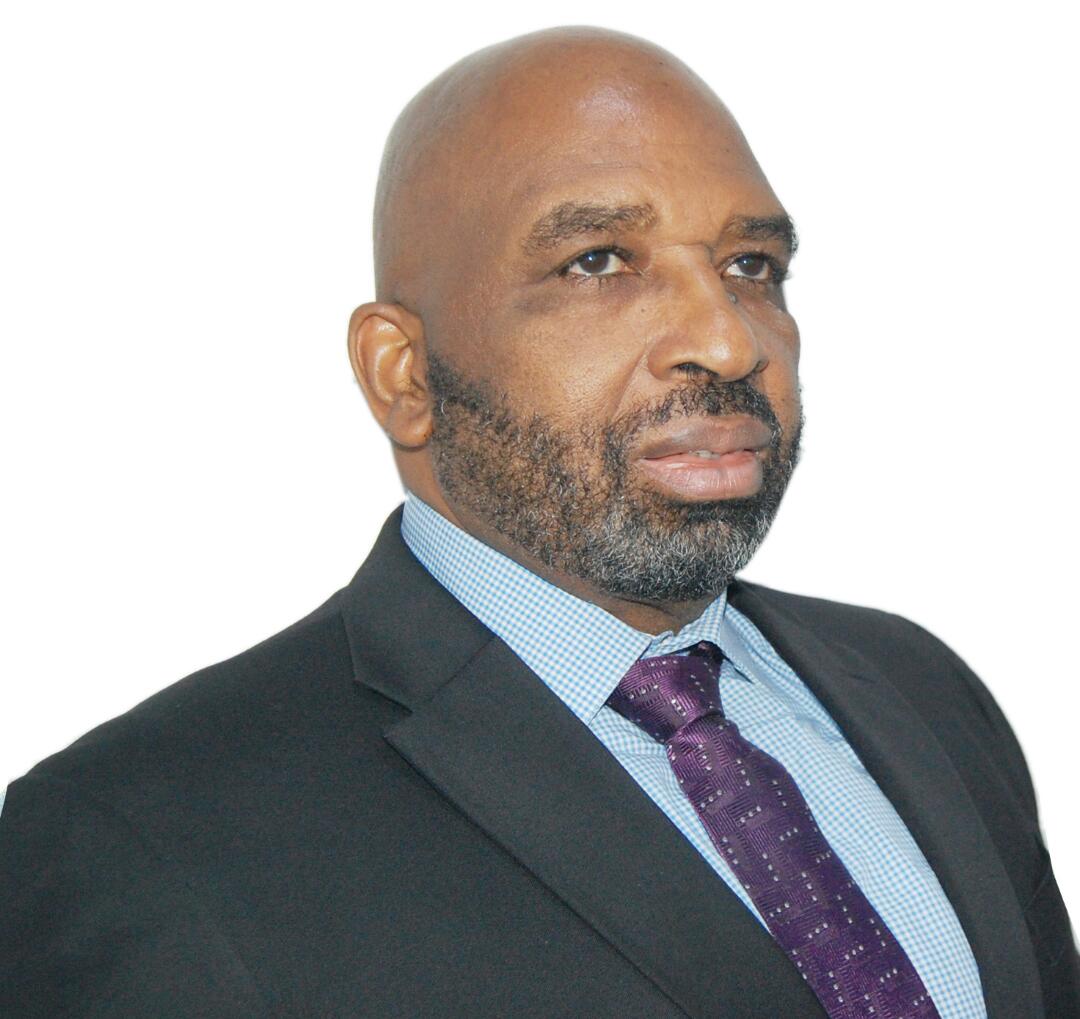HR Derivatives Limited, publisher of HR Guide, a magazine focused on human resources development and issues, has held this year’s edition of its annual summit, where speakers called on business owners and firms to establish rules for internet usage among their staff, along with clear-cut sanctions for cases of infractions and abuse rather than an outright ban of social media use during office hours, as is being championed by many organisations.
This and many more were the conclusions by keynote address speaker and guest speakers at the HR Guide 2014 Annual Summit, which held last Friday in Lagos.
Mark Abani, country director/managing director, Crown Agents, while speaking on ‘Challenges, Opportunities Implications of Social Media to Employee Engagement, Productivity, Learning and Development,’ described the trio of LinkedIn, Facebook and Twitter as three of the most powerful social networking sites in the world with a huge youth following and strong influence on the youthful population across the world.
He noted that the social media has become so powerful that its influence brought down three governments in Africa (Egypt, Libya and Tunisia) during what was tagged the Arab Spring.
He listed the benefits of social media for employees to include formal training, learning community, networking and collaboration, efficient communication, employee voice as well as learning and development.
Explaining his preference for Twitter, Abani stated that the social media, particularly Twitter because of the limitation of 140 characters per tweet, “demands that you think before you write; the number of people who do not think before they write is phenomenal.”
Abani advised organisations to ensure they have an internet policy in place. “You cannot sanction without first establishing rules of engagement,” he said, while enjoining firms to establish rules for time, abuse and sites permissible for employees during work hours.
On the benefits of the social media and internet, the training expert highlighted the advantage of using platforms and applications like Moodle, podcasts, webinars to train and develop their employees.
In his address at the event, Tokunbo Talabi, chairman, Superflux Group, represented by AdetutuSanni, highlighted the various social media platforms and their features, benefits and threats to employee productivity and development. She enjoined organisations to control and manage their social media platforms rather than outright ban of the use of social media among their staff.
Above all, Talabi advised employees to get active on LinkedIn, which she referred to as the “most professional” of all the social media platforms due to its focus on skills, professional achievements and track record.
Earlier, Napoleon Omomila, convener of the summit and managing editor of HR Guide Magazine, stated that this year’s summit, the third in the series, was another giant step in what has been for the organisers, a “narrow and rough road” that has seen them bankroll the three editions of the annual event.
He further raised posers for the HR experts gathered at the occasion, when he declared that “discretional use of social media is lacking” in many organisations, while also asking: “How do we get people to make moderate use of the social media?”
OLUSEGUN ABISOYE








